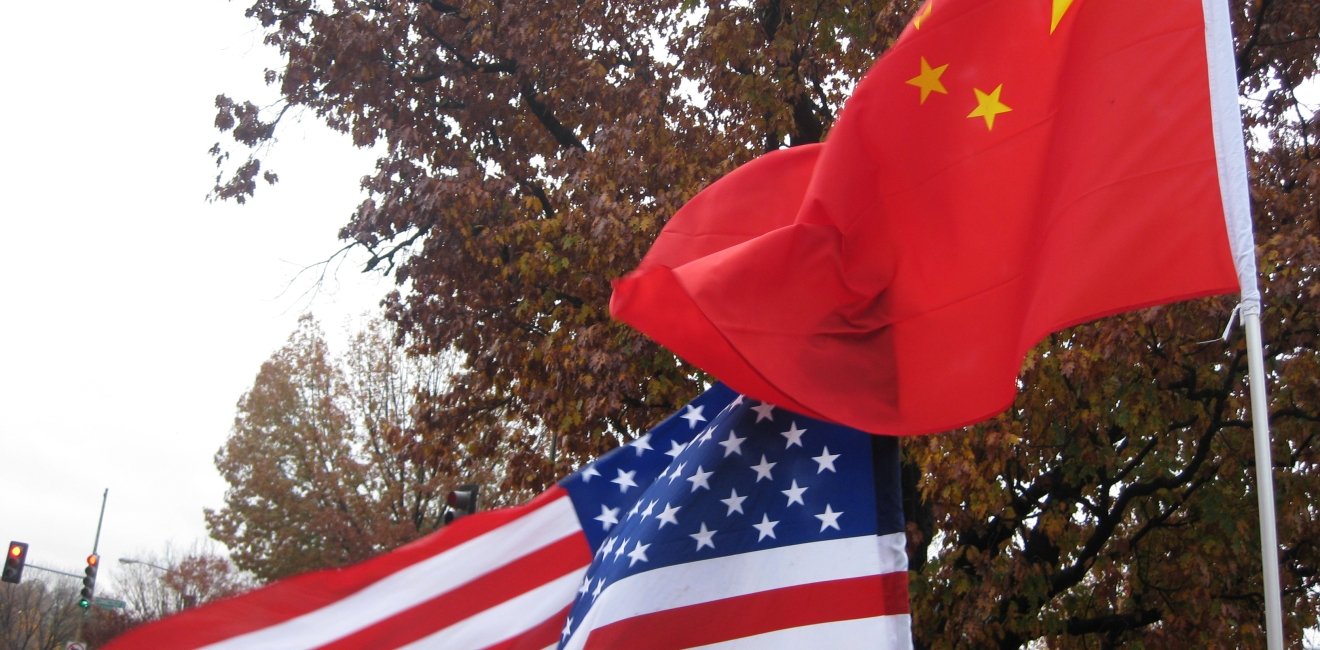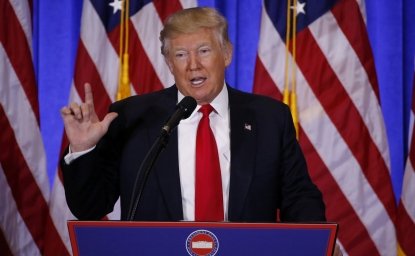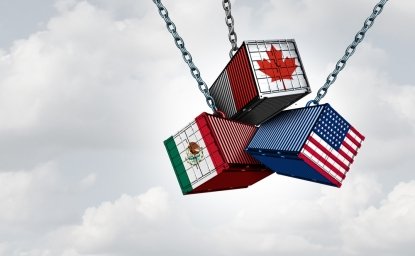“Sino-American relations” is a historic process whereby China learns to become a world power despite its instinct for insularity and the United States adjusts to Chinese power despite its desire for global preeminence. This dynamic has been building for decades and is unlikely to be altered by either Xi Jinping or Donald Trump.
Still, after January 20, both nations will be led, for the first time since the opening in 1979, by men who view the relationship in fundamentally adversarial terms (this is overt in Trump’s case, implicit in Xi’s). Their distrust reflects real strategic, economic, and ideological incompatibilities as well as the attitudes of their citizens; since 2014, a majority of Chinese and Americans have had a negative view of the other country. In China, there is a widespread belief that the U.S. is in irreversible decline and seeks to contain China, while a growing number of Americans, particularly in the foreign policy community, are convinced that China intends to replace the United States as the primary strategic actor, or hegemon, of Asia.
The U.S. and China are trying to navigate an inevitable competition amidst deep mutual suspicion and domestic fragility. This unpalatable brew could be rendered toxic by the addition of nationalism on either side or by the flaring of tensions in the Korean Peninsula, the Baltics, or the Middle East. Foreign affairs bureaucracies in Washington and Beijing cannot function normally under these circumstances. Roadmaps devised by both sides to encourage cooperation and defuse tensions are of limited use. As a result, the threat of wild card events pushing the United States and China toward conflict is greater than it has been at any time in nearly 40 years.
"中美关系”是一个历史性过程。在这个过程中,中国学着如何变成一个世界大国——虽然中国的直觉是对此进行回避;而美国在学着适应中国的崛起——虽然美国仍旧希望保持全球领先的地位。这样的过程已经持续了几十年了,不太会因为习近平或者特朗普而发生根本性改变。
两国在1月20号之后都会由把两国关系界定为对抗意义的领导人领导,这在1979年两国建交以来尚属首次(川普在这个问题上比较直白,习比较含蓄)。他们之间的不信任反映了两国间确实存在的战略、经济、意识形态的不兼容以及两国公民对彼此的态度。2014年以来,大多数的中国人和美国人对对方国家持有负面观点。在中国,一个很流行的观点是美国正在不可避免的衰落,并试图要限制中国的发展;而越来越多的美国人,尤其是外交政策圈里的人认为,中国意在取代美国成为在亚洲的首要战略主导国,或者霸主。
在极度互相猜疑以及国内问题困难重重的情况下,中美都在跃跃欲试一场不可避免的竞争。两国的民族主义情绪、一触即发的朝鲜半岛局势,波罗的海、或者中东局势把这味难喝的苦酒雪上加霜,变成了一味毒药。华盛顿和北京的外交当局在这种情况下无法正常运转。由双方设计和鼓励的合作和减缓紧张局势的方案被束之高阁。因此,目前阶段下,触发中美两国冲突的不可预测性事件的发生概率比过去四十多年要大很多。
Original remarks were published in English at The Diplomat and in Chinese at 钝角网.
Author


Kissinger Institute on China and the United States
The Kissinger Institute works to ensure that China policy serves American long-term interests and is founded in understanding of historical and cultural factors in bilateral relations and in accurate assessment of the aspirations of China’s government and people. Read more

Explore More
Browse Insights & Analysis




